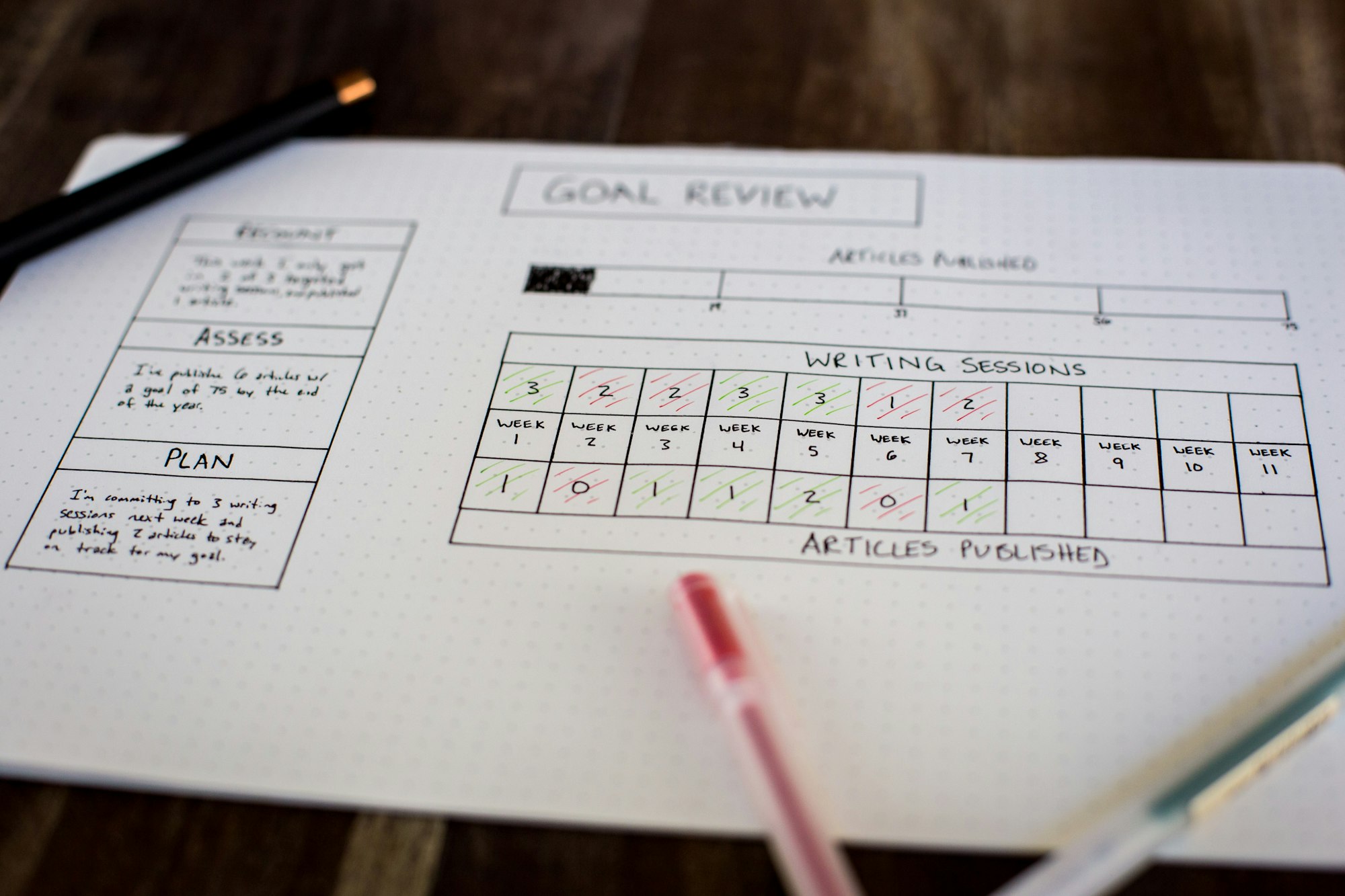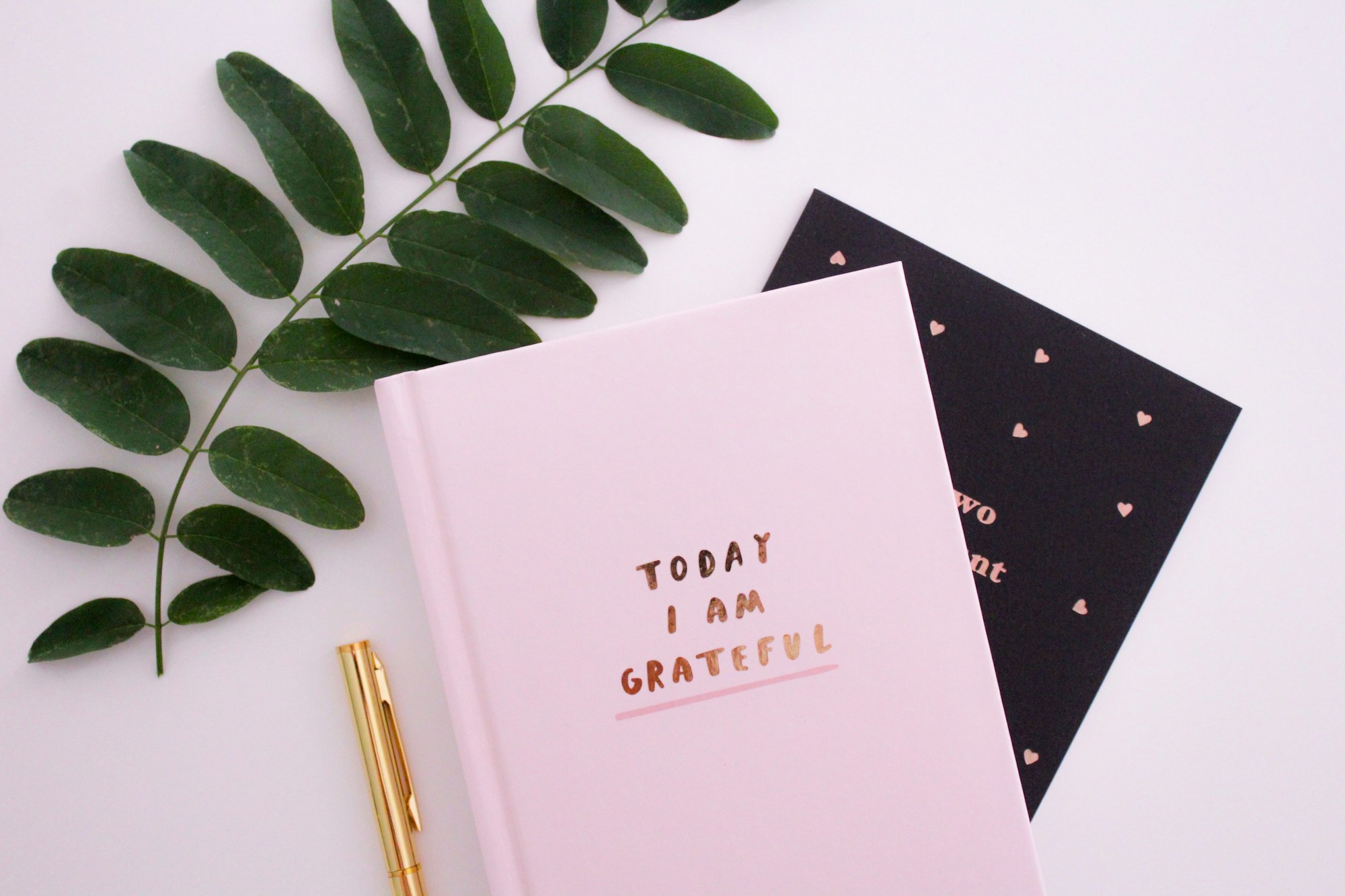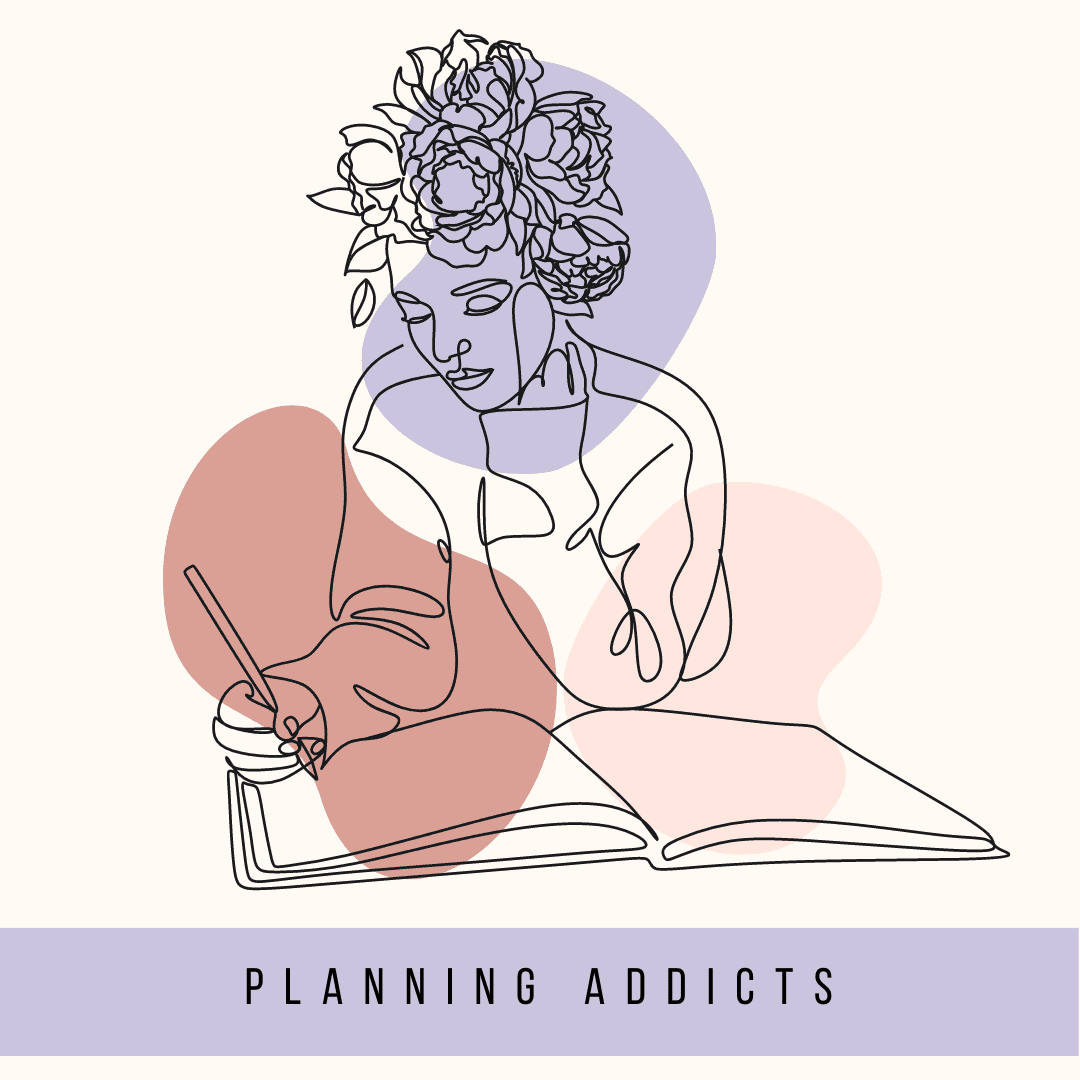Goals, Journaling, and Positivity

Some people find it relaxing and positive when they sit down to write in a journal. They might talk about the things they did that day, what kind of food they ate, or if their attractive neighbor said hello. However, journaling can be a much more powerful tool than a mere collection of unconnected events. Here are a few things that I've found helpful in getting into the right headspace to write productively.
Get a Notebook
There are some amazing journals out there, both in their setup and appearance. However, these types of journals are only suitable some of the time. If you plan to do a lot of writing to journal with intention and keep track of your goals, you might want to opt for a more flexible notebook instead of a hardbound journal.
This gives you more space to write, and you don’t feel restricted by what a small and fancy journal can offer. You just need something that you can carry with you, so you can start writing as soon as an idea comes to mind. Depending on how you want to structure your journal, you might want to leave the first few pages blank. That way, you’ll have a spot to list some of your long-term goals.

Long-Term Goals
After you’ve written out all your long-term goals, review them to see if any can be achieved in shorter periods. List out all the steps to complete each goal, so you know the details and how feasible it is to accomplish them sooner.
Include positive affirmations to support your belief in executing these intentions. Include some positive self-talk to stay inspired about the path you've chosen, as it never hurts to give yourself a little extra encouragement. You’ll probably notice that some goals can be achieved sooner, so set these aside for another list.
Short-Term Goals
These are the goals that you’ve identified as achievable in a shorter timeframe. To make them easier to follow, you can categorize them by areas such as work, school, or home. Pay special attention to goals related to your emotional wellbeing.
Take time each day to ensure you’re taking care of yourself in these areas. If you find some aspects lacking, make them part of your short-term intentions. Use positive affirmations with your short-term goals too.
During this time, it’s beneficial to write out these goals every day to stay connected with your plans. Record various reasons for pursuing these intentions until you can’t think of any more.

Starting with Gratitude
When planning to journal, starting with what you’re grateful for is a powerful way to align yourself with a positive spirit of change and success. It's easy to lose sight of these things due to the daily grind and the negativity from social media exposure. Write about anything that brings you feelings of peace, love, and kindness.
Don’t Take Yourself Too Seriously
The best way to succeed with this process is to have fun and be consistent with your routine. However, be lenient with yourself because life is busy, and you might not have time every day or every month to do this. Missing a day of writing isn’t the end of the world – just write the next day.
Avoid the habit of postponing writing for days, which can make it hard to remember what happened. The worst thing you can do is associate negative feelings with your journaling process, as that would defeat its purpose.
The most important thing is to always move forward and take note of your progress. Learn to laugh at things you can’t change today and forgive yourself for the time you need to take tomorrow.





